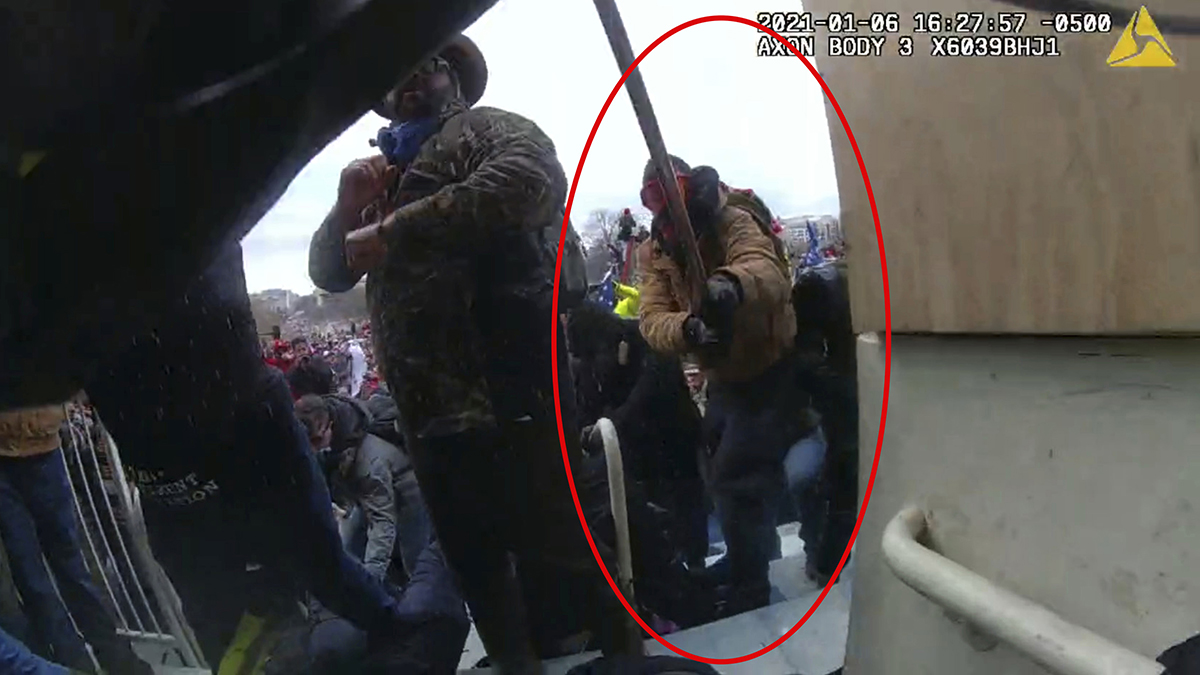Hospitals and medical centers in four border regions including San Diego are being warned U.S. Customs and Border Protection agents have no authority to compel staff to perform body cavity searches on detainees.
The American Civil Liberties Union has sent letters to hospitals following a $475,000 settlement for a New Mexico woman who accused agents of forcing her to undergo body cavity probes and then was charged for the exam.
The woman, a 54-year-old U.S. citizen, was "brutally" searched by agents in December 2012 after a drug-sniffing dog jumped on her at an El Paso checkpoint, according to a 2013 lawsuit. The woman, who was not named, was returning from a visit with a recently deported family friend in Cuidad Juarez, Mexico.
Agents strip-searched her and did cavity searches but found no evidence of drugs, court documents said.
The woman was transported in handcuffs to the University Medical Center of El Paso, where she was subjected to an observed bowel movement, a CT scan as well as rectal and vaginal exams without a warrant, the lawsuit said. No drugs were found on the woman despite six hours of intrusive searches, the ACLU said.
Among the recommendations suggested to hospitals in the region, that no CBP employee "compel, cajole, or otherwise pressure" detainees into having any exams or tests done.
Medical staff should demand to see a warrant, the letter states.
U.S. & World
News from around the country and around the globe
In the El Paso case, the hospital charged the woman $5,000 for the tests, her attorney said. University Medical Center settled with the woman for $1.1 million in 2014.
The four ACLU affiliates at the U.S.-Mexico border sent letters Thursday to 40 health care providers that cover 110 facilities detailing the rights and responsibilities of hospital personnel when confronted by federal agents who request body cavity searches. See an example of the letter here.
Local facilities named by the ACLU include four UC San Diego Health Scripps Health facilities, four Sharp HealthCare centers, Kaiser Permanente’s Zion Medical Center, two Palomar Health centers, Tri-City Medical Center in Oceanside and Paradise Valley Hospital in National City.
CBP officers are expected to "conduct their duties in a professional manner and to treat each traveler with dignity and respect," according to the agency's website. The website says agents "use diverse factors to refer individuals for targeted examinations."
Customs and Border Protection officials were looking over the settlement agreement, spokesman Carlos Diaz said.
"While we are pleased to have obtained justice for our client, this is really a victory for residents of border communities, who shouldn't have to fear interactions with the thousands of border agents in their midst," said Rebecca Robertson, ACLU of Texas legal and policy director.
The settlement in the case, which drew national attention three years ago, also will require new training for hundreds of customs officers, American Civil Liberties Union affiliates in Texas and New Mexico said.



